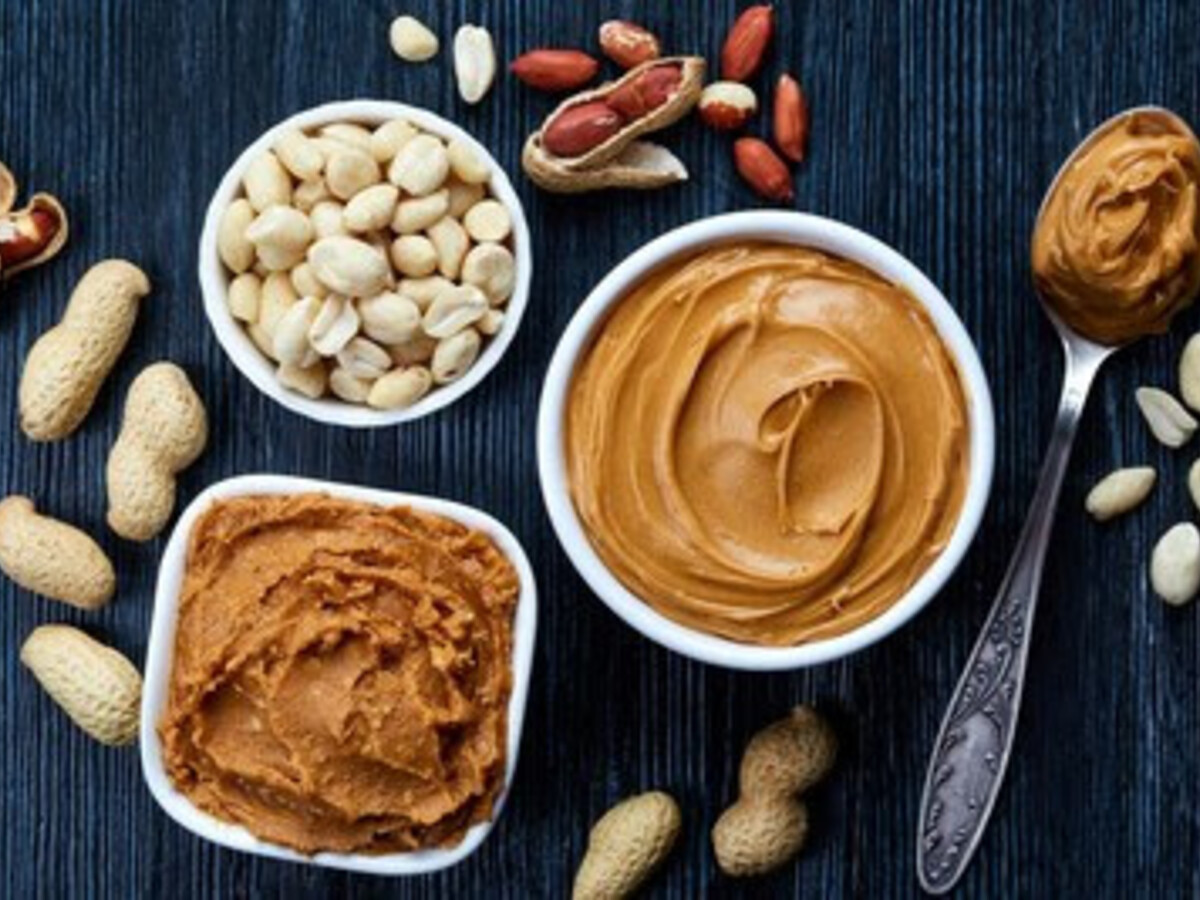Image

It's a scientific fact. The human body requires nutrient-rich foods for optimal health and wellness. The vitamins and minerals in "good-for-you" nourishment provide energy for daily living, help the body grow and repair and can prevent diet-related illnesses like cancer and heart disease.
|
"Food can truly be medicine since it's what the body is built on. Making smart choices about what to eat has an impact on every body – whether you're young, old or in between," says Dr. Samara Sterling, a nutrition scientist and research director with The Peanut Institute. "One easy food to incorporate into a healthy diet is peanuts. They are a powerful weapon because studies have found that a daily serving can deliver significant short- and long-term benefits, including the prevention of chronic diseases." Fighting Heart Disease According to the Centers for Disease Control and Prevention, heart disease is the leading cause of death in the United States, followed by cancer. There are a number of factors that can increase the risk of developing heart disease, including high blood pressure, high cholesterol, obesity and diabetes. And, while they may be small, peanuts pack a punch since they are a good source of monounsaturated fats, which have been linked to lowering blood pressure levels.1 A 2022 study from the University of South Australia found consuming lightly salted peanuts twice a day before meals led to weight loss, lowered blood pressure and improved fasting glucose levels.2 In addition, according to a 2014 study from Purdue University, the benefits peanuts provide for blood pressure are seen regardless of whether peanuts were flavored, salted or unsalted. 3 Controlling Cholesterol the Natural Way High LDL cholesterol, known as "bad" cholesterol, can lead to plaque build-up in the arteries, making it harder for them to carry blood to the heart. Peanuts are naturally cholesterol free and have healthy mono- and polyunsaturated fats, like those in olive oil and avocados, that help raise levels of HDL (aka "good") cholesterol to improve overall cholesterol levels.4 In fact, a one ounce serving of peanuts contains 19 vitamins and minerals, many of which fight heart disease, including vitamin E, folic acid, niacin, magnesium, vitamin B6, zinc, copper and potassium. Managing Weight For many, extra weight is a constant battle and snacking can add unwelcome pounds. However, mindful snacking can, in some cases, be beneficial. A 2015 study of Mexican American school-age children found that swapping unhealthy snacks for peanuts or peanut butter can support decreases in body mass index (BMI) and improve overall health.5 "Peanuts are a smart choice because they deliver satiety. They are high in three macronutrients – protein, fiber and healthy monounsaturated and polyunsaturated fats – so they provide a feeling of fullness longer," explains Dr. Sterling. Preventing or Controlling Diabetes For those who are worried about diabetes, peanuts and peanut butter are considered low GI foods, which means they release sugar more gradually into the bloodstream. This can help prevent blood sugar spikes that lead to "crashing." Overall, eating healthy low GI foods can significantly reduce the risk of developing type 2 diabetes. A 2016 study from Harvard University showed that substituting a serving of animal protein for a serving of plant protein like peanuts and peanut butter significantly reduced risk of type 2 diabetes. 6 Nourishing the Fight Against Cancer Consuming nuts has shown a significant association with a reduced risk for cancer and cancer mortality. A number of studies have investigated the link between peanuts and their cancer-fighting powers:
Rather than one component working alone, it's believed that a number of compounds found in peanuts band together in a synergistic way to help stop cancer cells from developing.11 Two of these compounds are phytosterols and resveratrol. Found naturally in high concentrations of plant oils, seeds and legumes like peanuts, phytosterols offer an amazing array of healthy benefits. Research shows that in addition to inhibiting colon, prostate and breast cancer cell growth, they can also protect against heart disease. In a study from the University of New York at Buffalo, phytosterols reduced prostate tumor growth by over 40%, and decreased risk of cancer spreading by almost 50%.12, 13 Used by plants to protect themselves against diseases, this phytochemical demonstrates anti-cancer properties. Some studies have shown that resveratrol may be beneficial for colorectal, prostate, brain and bladder cancers.14-17 It's also been noted that resveratrol has been used in conjunction with radiation and certain chemotherapy treatments to increase the effectiveness and potentially reduce side effects. "There are ways to stack the deck in favor of good health," says Dr. Sterling. "Nutritious eating, along with exercise and sufficient rest, can lead to a longer life with fewer health problems." For the more health news and peanut recipes, visit PeanutInstitute.com or follow Facebook, Twitter, Instagram, LinkedIn and Pinterest. |
|---|